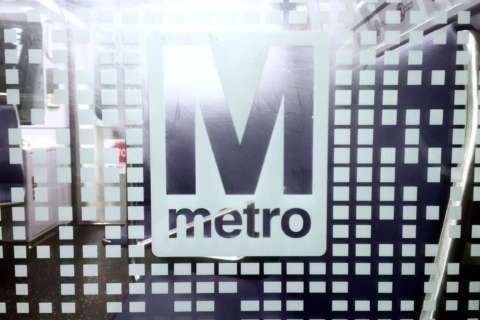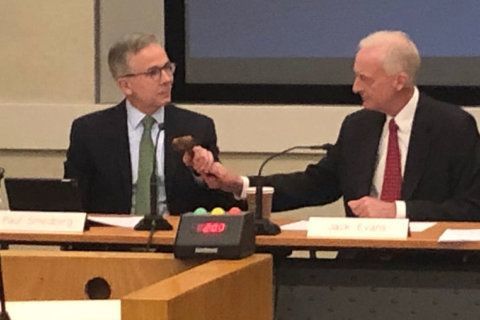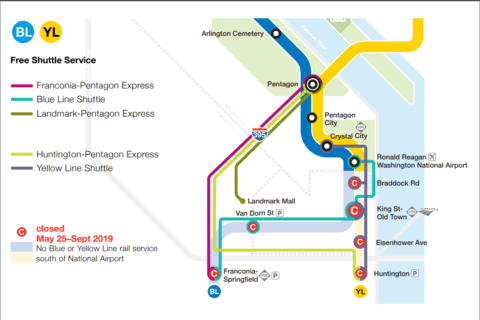Ahead of Maryland Transportation Secretary Pete Rahn being sworn in Thursday as the newest Metro Board member, there have been behind-the-scenes discussions aimed at ending the state’s withholding of key capital funding for the agency.
Conference calls involving lawmakers from Maryland and Virginia, as well as D.C. leaders, aimed to clear up the issues that led to Rahn announcing last week that Maryland would not pay its bill on July 1 for Metro’s capital improvement programs.
Several members of Maryland’s General Assembly questioned the authority of the announcement, as well as the explanation: a lack of transparency from Metro.
The group involved in trying to clear up the issues has attempted to sort out what exactly Metro would need to provide Maryland in order to satisfy Rahn and Gov. Larry Hogan, and they are optimistic this funding standoff will be resolved without issues.
Metro has certified, to the Northern Virginia Transportation Commission’s (NVTC) satisfaction, that it has met reporting requirements of Richmond’s dedicated funding bill passed last year.
An NVTC letter to the state comptroller dated June 27 certified that Metro has provided its annual capital budget, independent financial audit, national transit database profile and other required audit reports that the law mandates before the release of certain funding to the agency.
NVTC is requesting additional information from Metro by Sept. 1 on the use of Virginia’s new dedicated capital funding in the budget year that ended June 30. The information must be included later this year in a required annual report from NVTC to the General Assembly on Metro’s performance.
The Metro Board has two closed sessions scheduled Thursday, including one after Rahn is sworn in, on financial issues that may affect legal positions, contracts or sensitive relationships with local jurisdictions or the federal government.
Other Metro Board action Thursday
The other closed session, before Rahn is sworn in, is on legal matters.
While such a closed session can be relatively routine, at least two Metro Board members recently received subpoenas tied to the federal investigation into former Chairman Jack Evans.
New Metro Board Chairman Paul Smedberg is due to unveil revised committee assignments Thursday morning in the wake of Evans’ resignation, and the board is also scheduled to vote to indemnify board members in legal actions.
Service discussions
In changes that could have a more direct impact on riders, committees are set to hear updates about fare evasion and bus service change proposals.
Proposed bus changes include cutting hours and frequency of service on Route 74 to cover costs of extending the bus to Audi Field during events there.
Along busy 16th Street NW, the S4 would be eliminated, with buses running as limited-stop S9 trips that would serve some S4 stops between Alaska Avenue and Eastern Avenue instead.
In Maryland, significant changes to route B29 are planned due to the closure of the Crofton Park and Ride.
In Virginia, off-peak Route 7F would be canceled due to low ridership, with buses used to run 7A trips instead.
No changes will be made Thursday, but the proposals will go to public hearings in the coming months to be implemented in December or next June.
Metro is also set to schedule a public hearing on rebuilding the Bladensburg Bus Garage in Northeast D.C. The new garage on the existing site would have room for more buses, longer buses and on-site employee parking.
Construction would be done in two phases so that the garage could remain open during construction. During the work, Metro would rent a lot at Montana Avenue and Bladensburg Road for $3.8 million per year to park extra buses and provide employee parking.
Fare evasion
Metro estimates it may miss out on around $10 million per year from fare evasion in the rail system and $26 million from unpaid fares on the bus.
In the rail system, Metro plans to add new sensors to count the number of people jumping fare gates or otherwise sliding through, while also expanding efforts to lock emergency swing gates.
Metro is also considering adding more cameras and video screens at 13 key station entrances to deter people from failing to tap their SmarTrip cards.







